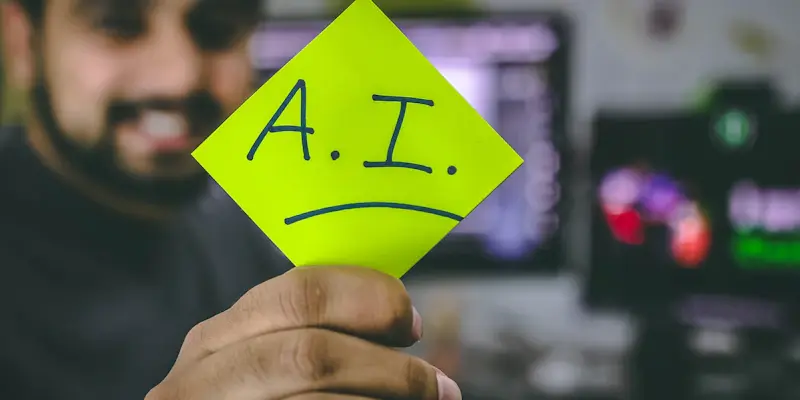As we look forward to the future, experts predict several groundbreaking advancements in artificial intelligence (AI) by 2025 that promise to reshape various industries and everyday life. Significant improvements in machine learning algorithms are at the forefront of these developments, with expectations that these algorithms will become more efficient and capable of learning with substantially less data. The reduced dependency on large datasets will accelerate innovation and make sophisticated AI models accessible to a broader range of applications and industries.
Enhanced natural language processing (NLP) is another area poised for substantial progress. Enhanced NLP capabilities will allow AI to comprehend and generate human language with greater accuracy, enabling more natural and fluid interactions between humans and machines. This will lead to seamless communication and more intuitive user experiences in customer service, personal assistants, and various other applications where language understanding is crucial.
Healthcare is another sector where AI is anticipated to make a significant impact. AI’s integration into healthcare systems is predicted to offer highly accurate diagnostic and treatment recommendations, revolutionizing personalized medicine. By utilizing individual health data, AI can tailor treatments specifically to each patient, improving outcomes and reducing the likelihood of adverse reactions. This shift towards personalized medicine will mark a turning point in how medical care is delivered.
Autonomous systems, particularly in transportation, are expected to advance to new heights by 2025. The development of more reliable self-driving vehicles and drones with enhanced navigational capabilities will transform personal travel and logistics. Improved AI-driven autonomous technology is expected to make these systems safer and more efficient, reducing accidents and optimizing supply chains in ways that were previously unattainable.
Cybersecurity is another critical area where AI is forecasted to make significant strides. AI systems are anticipated to detect and counter cyber threats much faster and more effectively than current technologies. This increased capability will be essential in protecting sensitive data and maintaining the integrity of digital infrastructure in an ever-evolving threat landscape.
Addressing the ethical considerations and establishing regulatory frameworks for AI development and deployment is essential. The importance of developing AI responsibly, with a focus on privacy, bias reduction, and transparency, cannot be overstated. Ensuring societal trust and safety in AI technologies requires careful consideration of these ethical issues, and fostering a collaborative approach among technologists, ethicists, and policymakers.
In conclusion, by 2025, advancements in AI are expected to transform numerous sectors, including healthcare, transportation, and cybersecurity, while also underscoring the need for ethical AI practices. The overarching trends point towards the emergence of more intelligent, autonomous, and personalized AI systems. These advancements reflect a maturation of the technology, coupled with a conscientious approach to its responsible development. The future of AI promises exciting possibilities, but with these advancements comes the necessity for diligent consideration of the ethical implications to ensure a balanced and beneficial integration into society.

